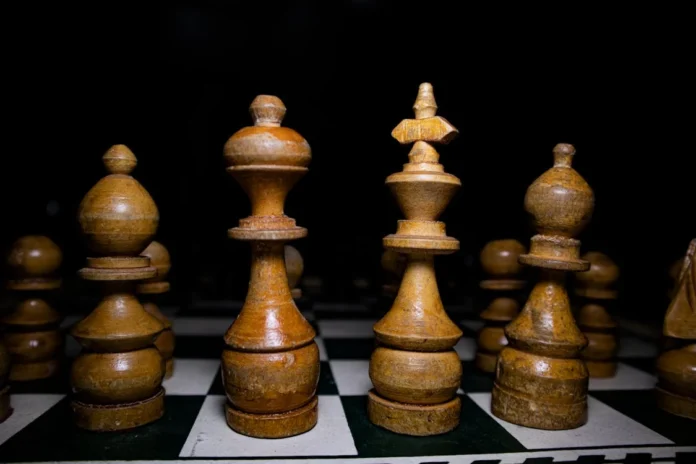Introduction to the Concept of Reincarnation in Mythology and Popular Culture
Reincarnation is a concept that has fascinated humanity for centuries. From ancient mythology to modern-day popular culture, the idea of rebirth offers a compelling narrative of second chances and new beginnings. Across various cultures, reincarnation is seen as a process where the soul embarks on a journey through multiple lifetimes to achieve spiritual growth and enlightenment.
In literature and entertainment, reincarnation stories often explore themes of redemption, karma, and the cyclical nature of life. These stories resonate with us because they reflect our innate desire for transformation and the hope that we can rise anew from our past mistakes. One such captivating tale is the “Reincarnation of the Suicidal Battle God 100,” which delves into profound themes of mental health, resilience, and self-discovery.
The Story of the Suicidal Battle God 100: Origin and Significance
The “Reincarnation of the Suicidal Battle God 100” is a gripping tale that intertwines the extraordinary with the deeply human. Originating from ancient lore, the story centers around a once-mighty battle god who, overwhelmed by despair and guilt, chooses to end his existence. However, the gods grant him a second chance, reincarnating him into a mortal form with no recollection of his divine past.
As a mortal, the former battle god faces numerous challenges and trials, each designed to test his resolve and spirit. Stripped of his divine powers, he must navigate the complexities of human life, confront his inner demons, and seek redemption for his past transgressions. The tale serves as an allegory for overcoming one’s darkest moments and finding the strength to rebuild and transform.
Exploring Themes of Redemption, Overcoming Mental Health Struggles, and the Journey of Self-Discovery in the Tale
One of the most compelling aspects of the “Reincarnation of the Suicidal Battle God 100” is its exploration of redemption. The protagonist’s journey from a divine being to a mortal grappling with despair mirrors the struggles many individuals face in their own lives. The story highlights the transformative power of seeking forgiveness, not just from others but from oneself.
Mental health struggles are a central theme in this tale. The battle god’s initial decision to end his existence underscores the impact of unchecked mental anguish. His subsequent journey as a mortal emphasizes the importance of addressing these struggles head-on, seeking help, and finding healthy coping mechanisms. Through his trials, the protagonist learns that vulnerability is not a weakness but a vital step towards healing.
The journey of self-discovery is another crucial element of the story. As the reincarnated battle god navigates his new life, he begins to understand his true essence beyond his former identity. This journey of self-awareness and growth is a powerful reminder that our past does not define us. Instead, it is our choices and actions in the present that shape our future.
Real-Life Implications: Lessons We Can Learn from the Suicidal Battle God 100’s Reincarnation
The “Reincarnation of the Suicidal Battle God 100” offers several valuable lessons applicable to our own lives. Firstly, it underscores the importance of resilience. Life’s challenges, no matter how insurmountable they may seem, can be overcome with perseverance and determination. The protagonist’s journey reminds us that setbacks are not the end but rather opportunities for growth and transformation.
Secondly, the tale highlights the significance of addressing mental health. The battle god’s reincarnation serves as a metaphor for the necessity of confronting and healing from past traumas. It encourages us to seek support, practice self-compassion, and prioritize our mental well-being.
Lastly, the story teaches us about the power of redemption and forgiveness. The protagonist’s quest for atonement illustrates that it is never too late to make amends and strive for a better future. It encourages us to embrace our flaws, learn from our mistakes, and continuously seek self-improvement.
Community Engagement: Inviting Readers to Share Their Thoughts and Personal Experiences Related to Rebirth and Overcoming Adversity
We would love to hear your thoughts and personal experiences related to rebirth, overcoming adversity, and finding resilience in the face of challenges. Have you ever experienced a moment of transformation that felt like a rebirth? How did you navigate through difficult times and emerge stronger? Share your stories and insights in the comments below or join the discussion on our social media platforms.
Conclusion: Emphasizing the Importance of Hope, Resilience, and the Will to Live
The “Reincarnation of the Suicidal Battle God 100” is more than just a tale of divine rebirth; it is a narrative that echoes the universal human experience. It reminds us that no matter how dark our past may be, there is always a path to redemption and self-discovery. By embracing hope, resilience, and the will to live, we can transform our lives and create a brighter future.
Call to Action: Encouraging Sharing and Discussion on Social Media Platforms and Inviting
We invite you to join the conversation and share this blog post with your network. Let’s spread the message of hope and resilience far and wide. Follow us on Facebook, Twitter, and LinkedIn for more inspiring content, and don’t forget to leave your comments and stories below. Together, we can support each other on our journeys of self-discovery and transformation.



